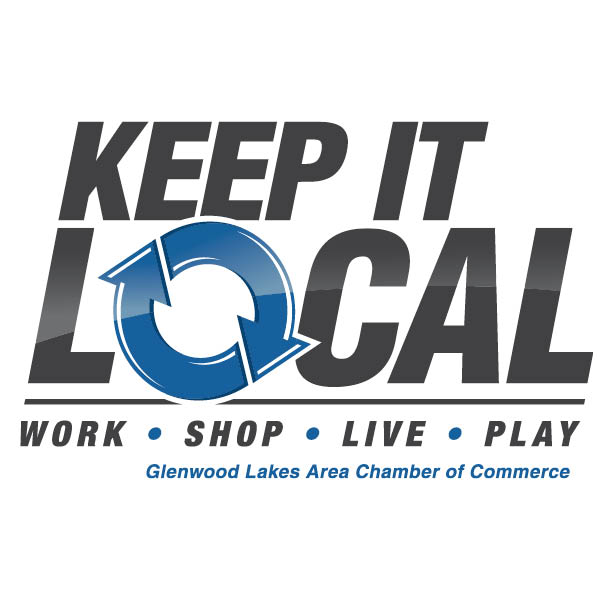Stepping Up: Pope County farmers walking the walk with new campaign
News | Published on October 3, 2022 at 11:06am CDT
From farm to frontline, the Minnesota Soybean Research & Promotion Council (MSR&PC) is taking another giant leap forward to highlight environmentally friendly investments from the soybean checkoff. Pope County soybean farmers, in partnership with MSR&PC, which directs the state’s soybean checkoff resources, are launching the Stepping Up campaign to amplify farmer profitability and promote the value-added uses of the “miracle bean” while making community connections.
Coming on the heels of the successful Driving Soy promotion, Minnesota counties are lacing up to promote renewable, value-added soy products and give back to frontline health care workers in their counties.
“From being on the MSR&PC board, where we work to spread the word of all the soy-based products, we see how many people are amazed at how many everyday products are made with soy,” said Paul Freeman, Pope County Corn and Soybean Growers chair and MSR&PC director. “This campaign showcased one of those uses, while giving back to our local community. All in all, we wanted to say, ‘thank you’ to our health care workers.”
As part of the Stepping Up promotional effort, Pope County is donating 50 pairs of Skechers soy-based GO shoes to Glacial Ridge Hospital in Glenwood.
“The employees who were drawn to receive a new pair of Skechers were thrilled,” said Jenna Janu, human resources manager at Glacial Ridge Health System. “They appreciated the choice in styles for the comfortable shoes too. It’s pretty neat that they have a soybean product, and we thank the Pope County and Soybean Growers for their thoughtfulness.”
The Stepping Up campaign runs throughout the summer. The statewide effort strives to inform both the farming and non-farming public on soy’s environmental advantages and the myriad uses of soybean oil. County leaders also want to show their appreciation to health care workers in their community.
“We know how much health care workers sacrifice for others in communities throughout Minnesota, especially in the past couple of years. I’ve seen it firsthand,” said Council Chair Joe Serbus, whose wife, Doreen, has worked in health care for more than 40 years. “This campaign is an investment in both value-added soybean products and in the selfless health care professionals who keep us safe and healthy.”
A step above the rest
In 2020, Skechers released its GO line of footwear, which uses soybean oil to improve grip, stability and durability. Skechers is using the same checkoff-supported technology featured in Goodyear Tire Company’s line of sustainable soy-based tires, which incorporated soy into its rubber technology.
Kurt Stockbridge, Skechers vice president of Product Development and Innovation, said the company and the soybean checkoff are stepping up to create a superior shoe and reduce their environmental footprints.
“Discovering ways to make product more sustainable is top of mind for Skechers,” Stockbridge said. “Though we were aware of the sustainable qualities of soybean oil, we were surprised to learn what the oil could do to improve our outsole rubber performance.”
For each dollar Pope County soybean farmers pay toward checkoff resources, local growers receive an estimated $12.33 in return value. Today, more than 1,000 commercially available products – ranging from shoes to machinery lubricants to asphalt – use commodity and high oleic soybean oil.
“Once that soybean hits the mill, it’s local, it’s national – it’s everywhere,” said Belinda Burrier, a United Soybean Director who helped oversee the partnership with Skechers. “The money farmers make back on the checkoff is fantastic.”
Follow the Stepping Up social media campaign at #SoySteppingUp and by visiting mnsoybean.org/stepping-up.
“I can’t think of a better use of our checkoff dollars than donating these soy-based Skechers to our local health care heroes,” Board Member Mark Massman said.
About the Pope County Corn
and Soybean Growers Board
Pope County is affiliated with the Minnesota Soybean Research & Promotion Council, a 15-person, farmer-led board that oversees the investment of checkoff dollars on behalf of the nearly 28,000 soybean farmers in Minnesota. The Council is governed by the rules of a federally mandated checkoff program requiring all soybean producers to pay a fee on the soybeans they sell. This money is used to promote, educate and develop market opportunities for soybeans.




